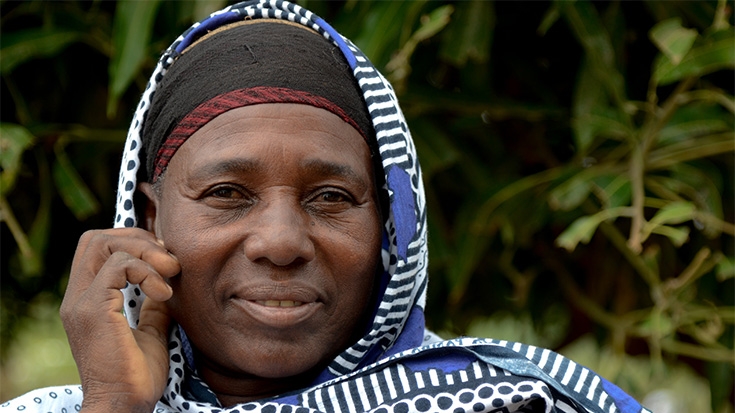The World Bank’s Africa Region Gender Innovation Lab (GIL) conducts impact evaluations, which assess the outcome of development interventions in Sub-Saharan Africa, to generate evidence on how to close the gender gap in earnings, productivity, assets, and agency. With the results of impact evaluations, the GIL supports the design of innovative, scalable interventions to address gender inequality across Africa. The goal is to enable project teams and policymakers to advocate for better gender integration using evidence.
Context: The work of the GIL is motivated by gender equality as a fundamental development objective, and because it provides significant instrumental benefits; equal opportunity for men and women enhances productivity and improves many other development outcomes, as highlighted in the World Bank’s 2012 World Development Report: Gender Equality and Development. While Africa is edging towards better outcomes on gender equality, notably in primary education enrollment, severe disparities remain.
In many Sub-Saharan African countries, girls are much less likely than boys to be enrolled in secondary education. Women in Africa do not have access to nearly as much credit, fertilizer or land as men do, stifling their productive power. In Nigeria, for instance, female farmers make 60 cents for every dollar earned by male farmers. Female entrepreneurs in Ethiopia make 34 cents for every dollar earned by male entrepreneurs. Social norms and economic pressures limit girls’ and women’s control over resources and their ability to determine their own paths. For examples, 81% of Ethiopian women ages 15-49 think that being beaten by their husbands is a justifiable punishment for disagreeing with him, burning the food or refusing to have sex. In 16 Sub-Saharan African countries, less than half of the widows surveyed (or their children) report having received any of their late husband’s assets. In Ghana, married women who bring home all household income are still responsible for 80% of the care work.
Strategy: Large gaps remain in knowing what works best for closing gender differences, what doesn’t work, and why. The Gender Innovation Lab (GIL) is spearheading efforts to identify scalable solutions for women’s economic empowerment in Africa, to help policymakers and development practitioners to better address gender constraints.
In close collaboration with project teams, the GIL designs, launches, and oversees impact evaluations of new interventions to generate knowledge on which policies work (or not) for closing gender gaps in the economic sectors. The lab also conducts impact evaluation workshops and other capacity building activities, so that others can contribute to and better interpret the knowledge base. Finally, the GIL leverages evidence to promote the uptake of effective gender policies throughout Sub-Saharan Africa.
The Africa Gender Innovation Lab is currently working on more than 40 impact evaluations in over 20 countries across Sub-Saharan Africa.
Results: To meet the needs of a range of audiences, the Gender Innovation Lab packages impact evaluation findings into a variety of knowledge products including policy briefs, research working papers, synthesis papers and data sets.
Partners: The GIL works in partnership with units across the World Bank, aid agencies and donors, governments, non-governmental organizations, private sector firms, and researchers.
The lab is supported through the World Bank Group's Umbrella Facility for Gender Equality (UFGE) and in partnership with the United Kingdom and United States. Funding is made possible through generous contributions from the governments of Australia, Canada, Denmark, Finland, Germany, Iceland, Norway, Spain, Sweden, Switzerland, the United Kingdom and the United States.
